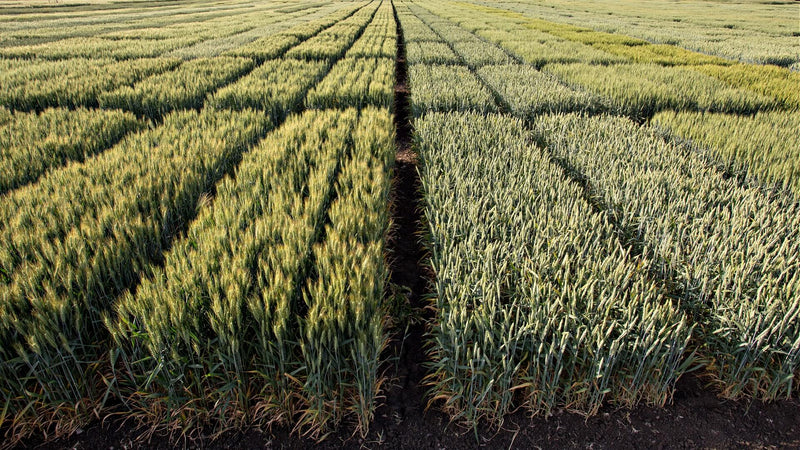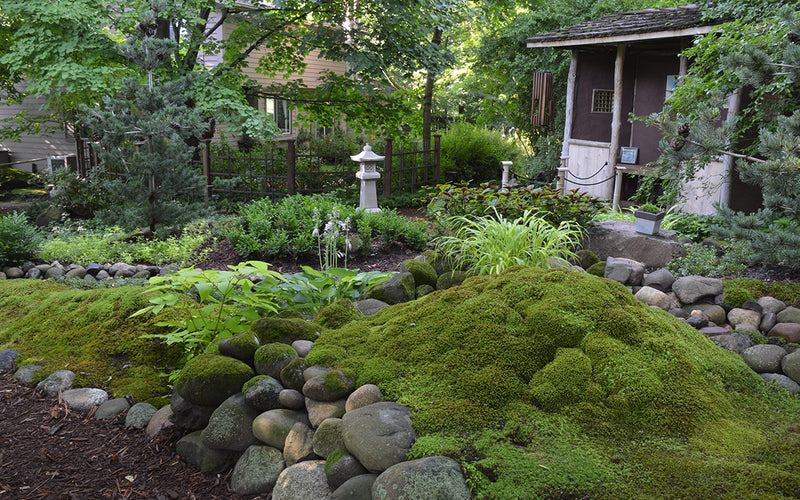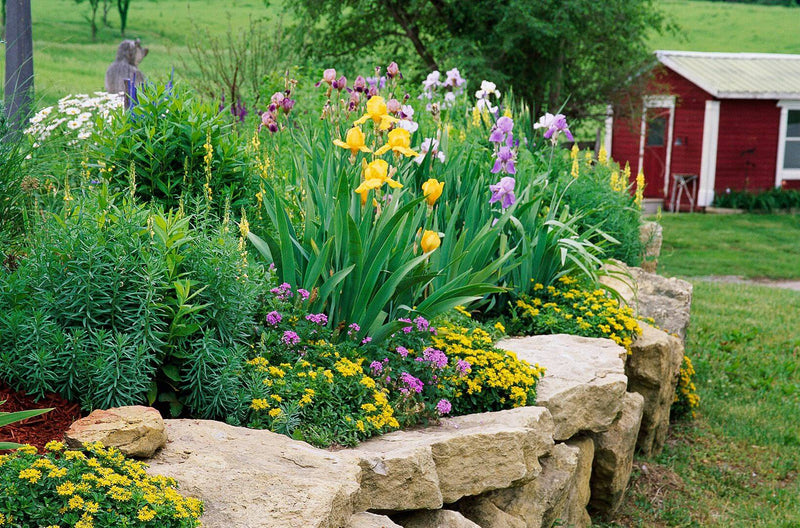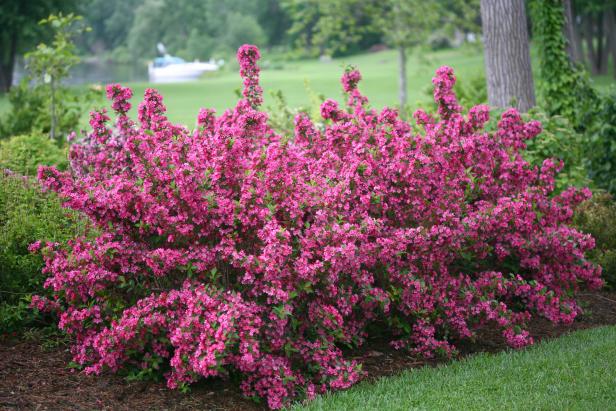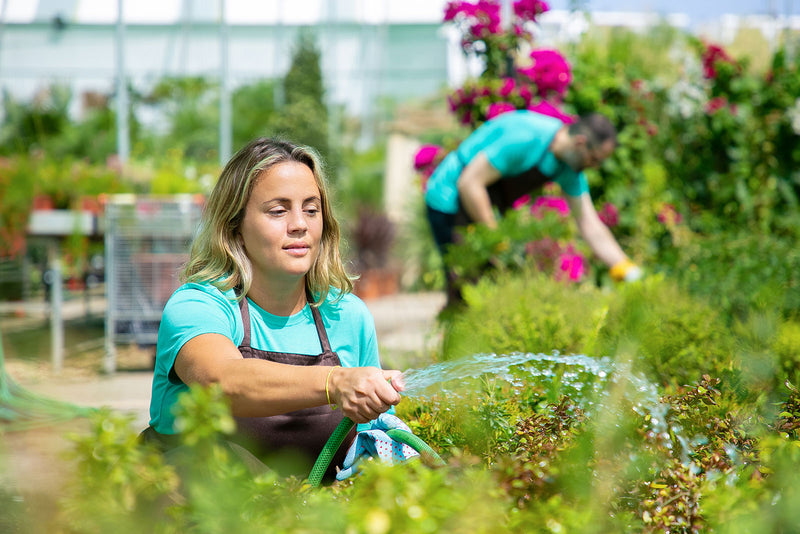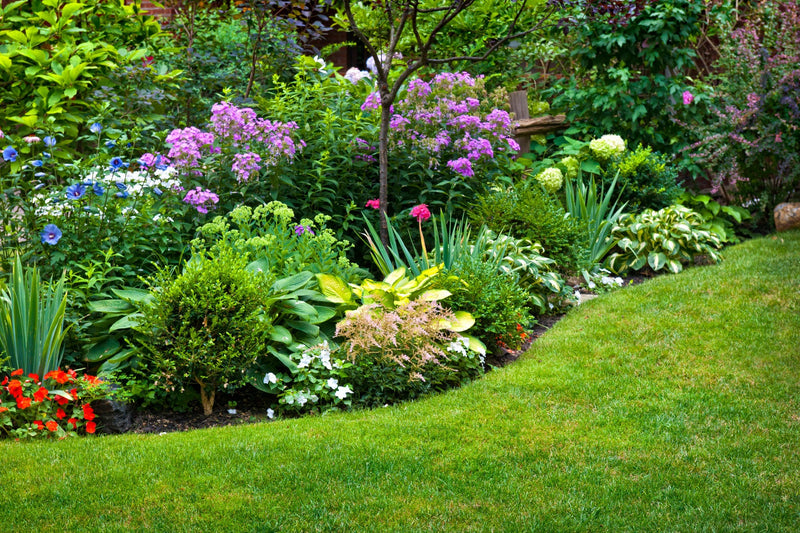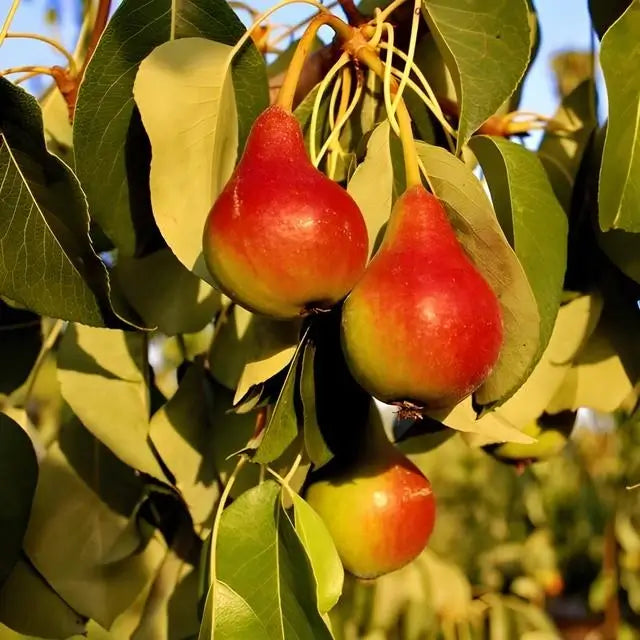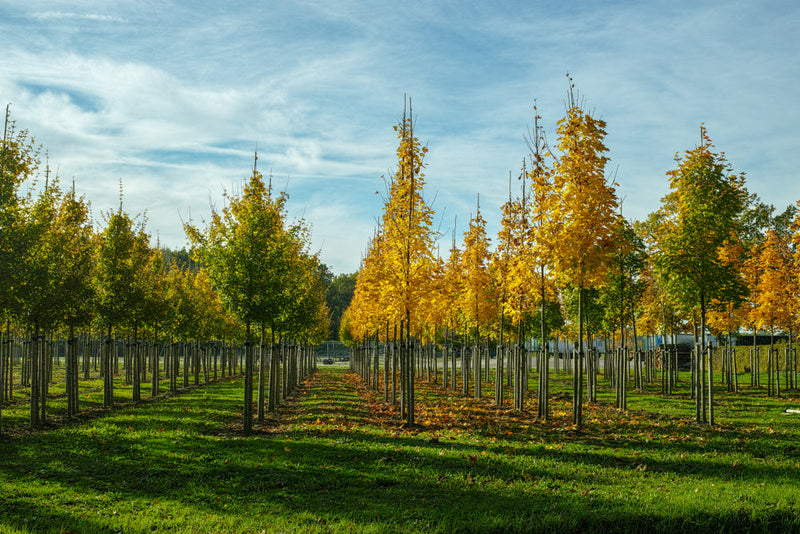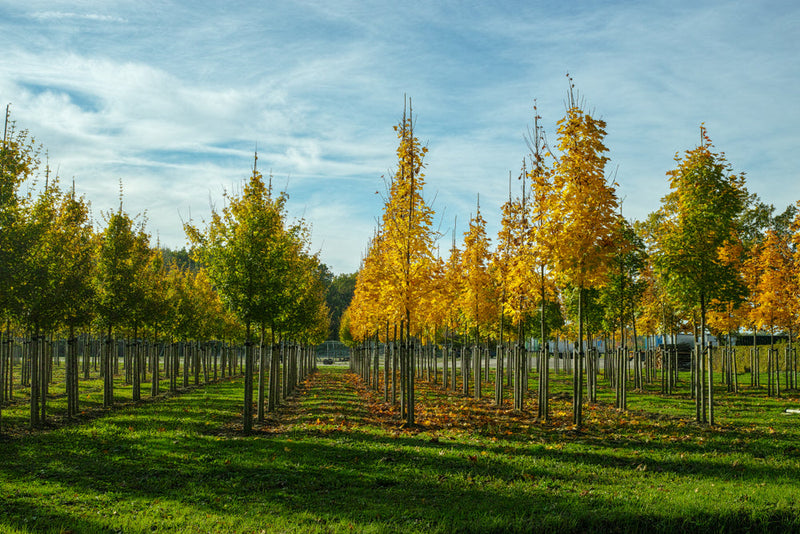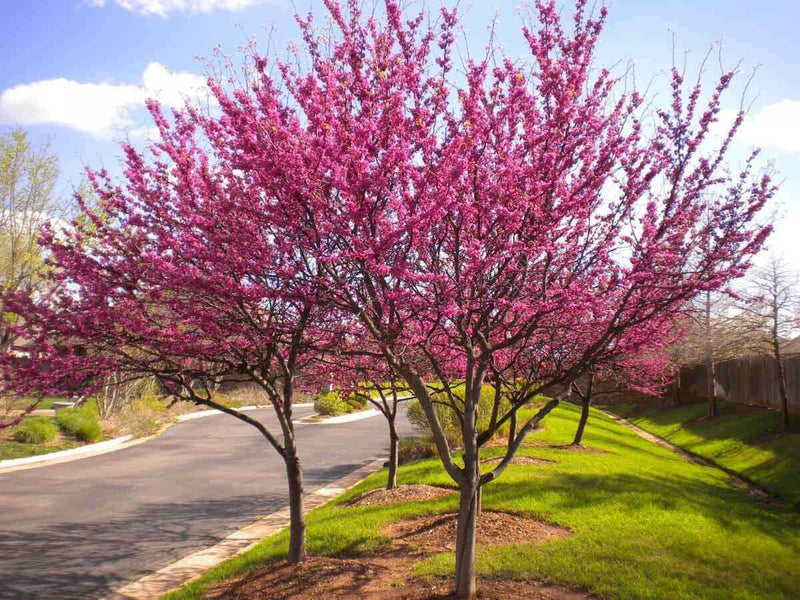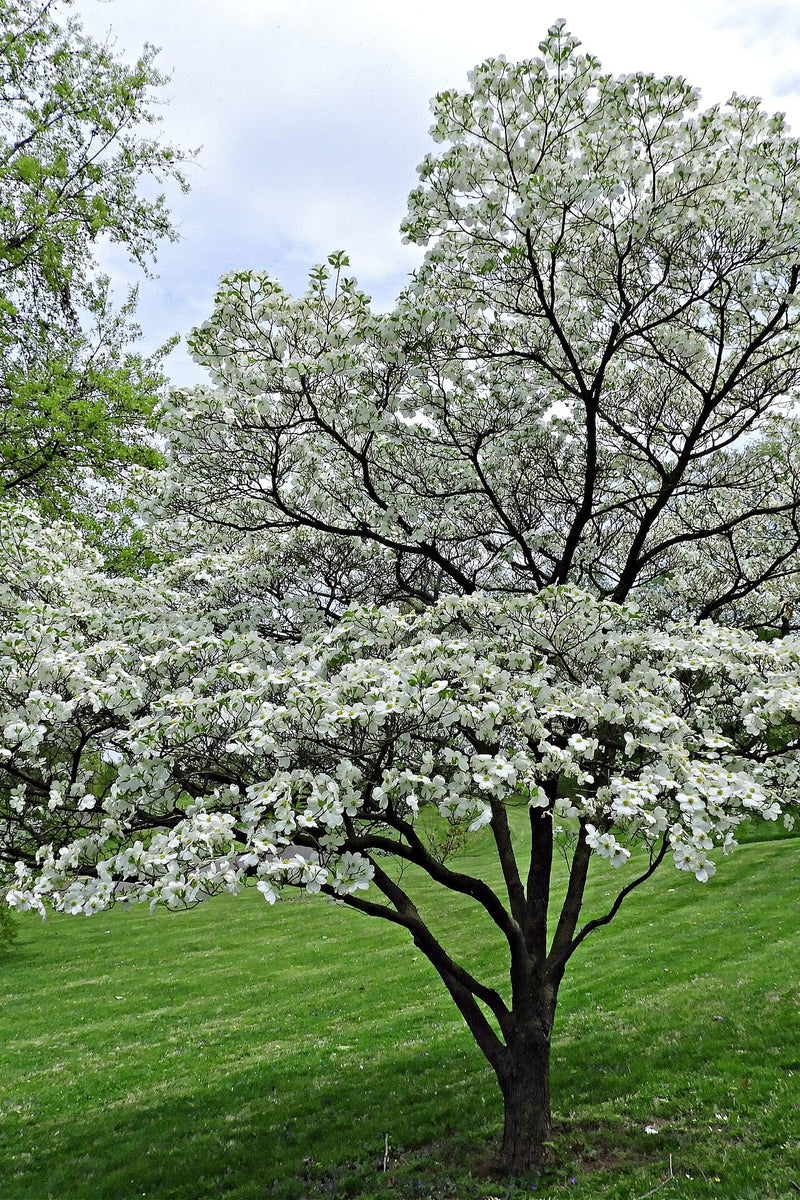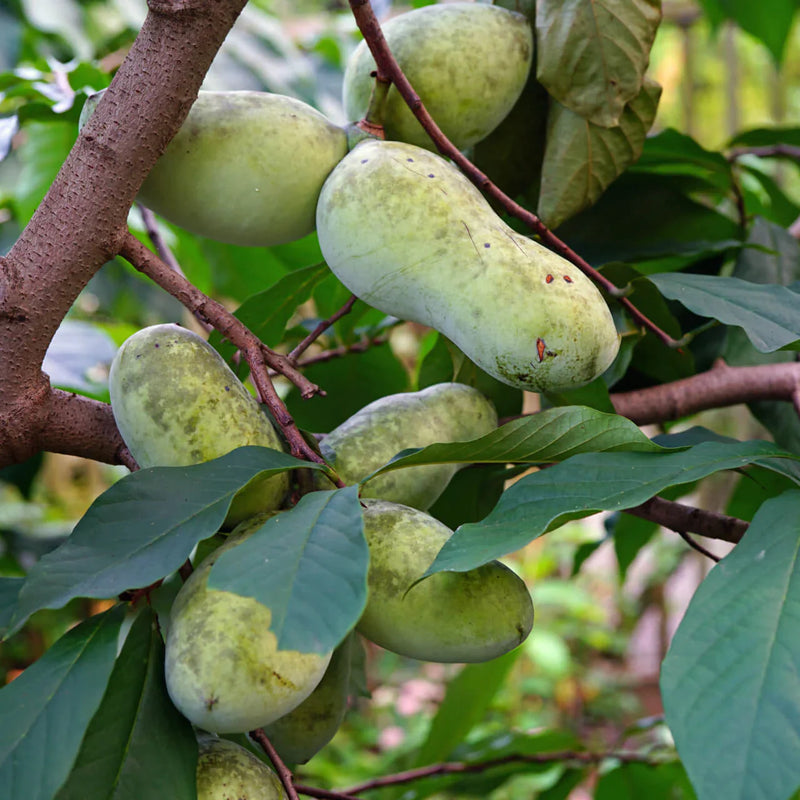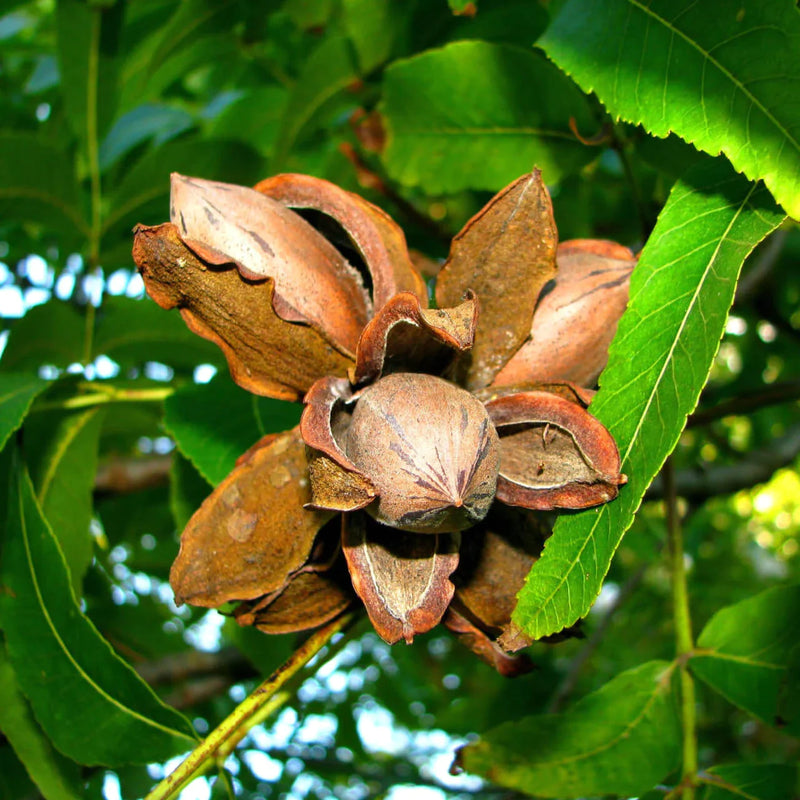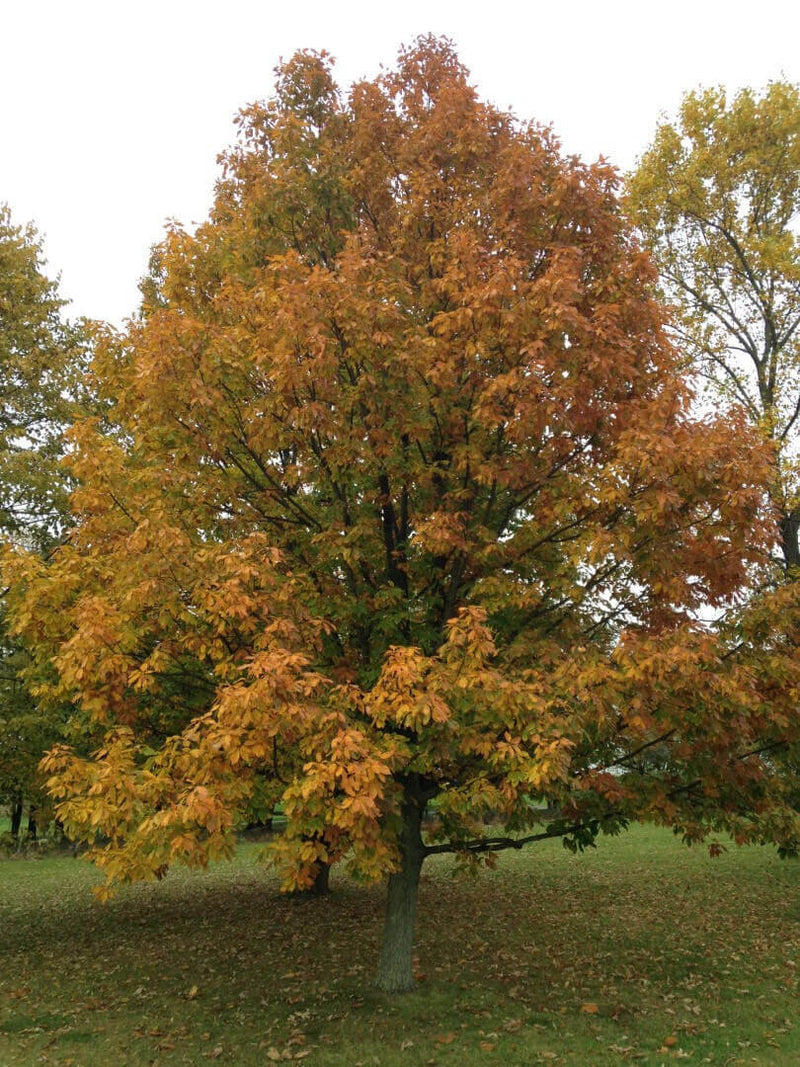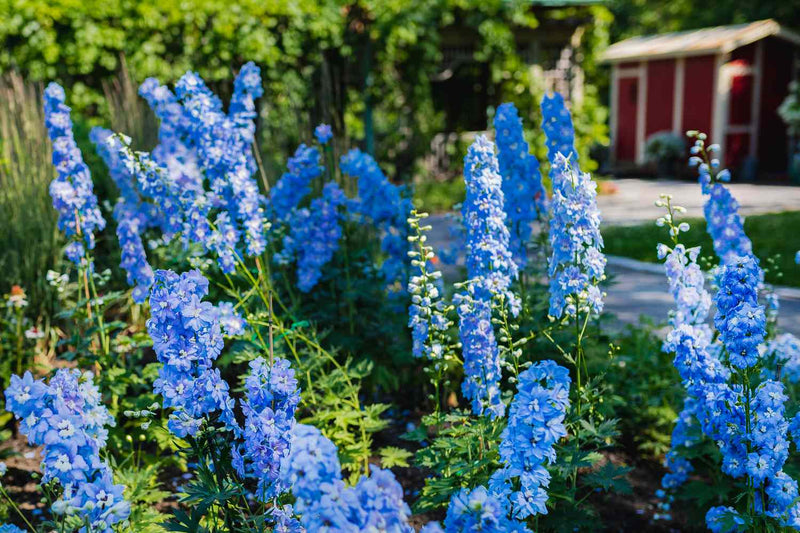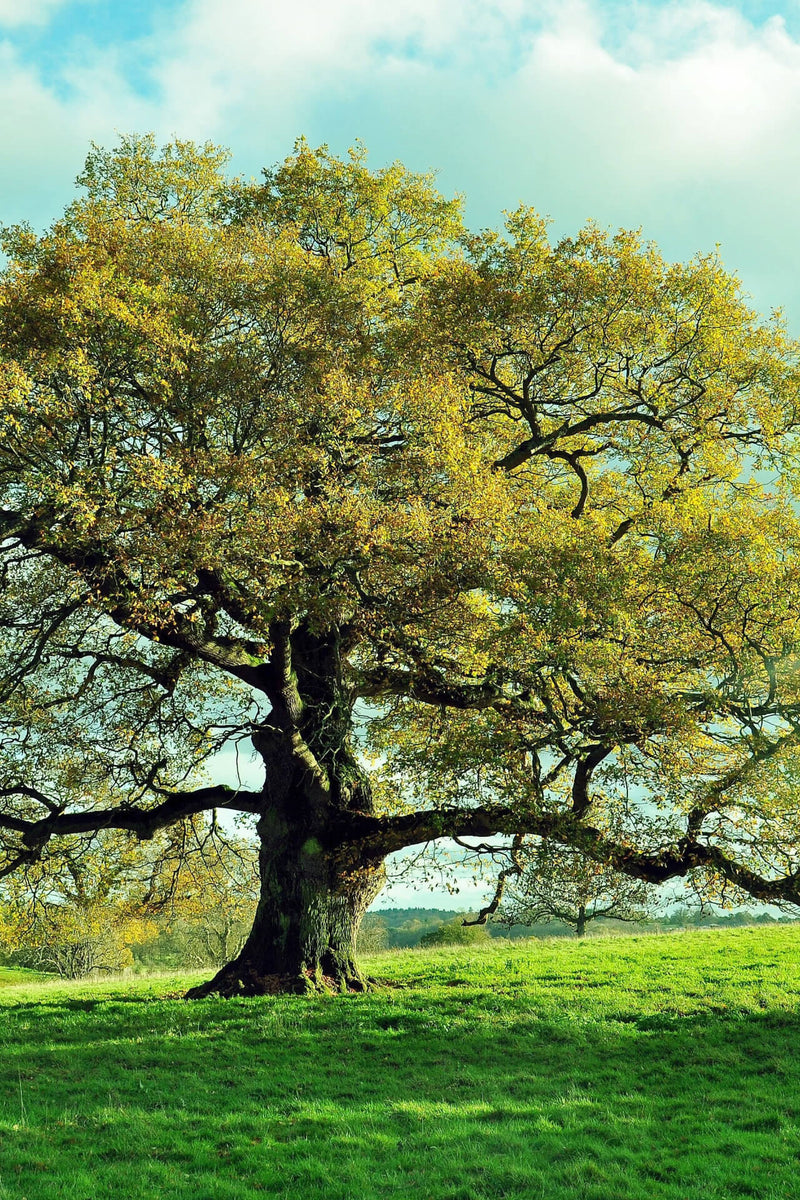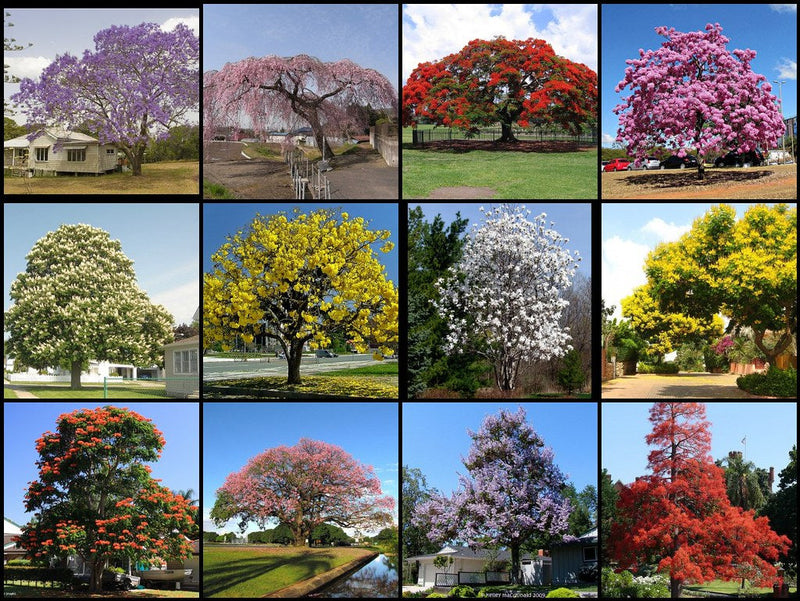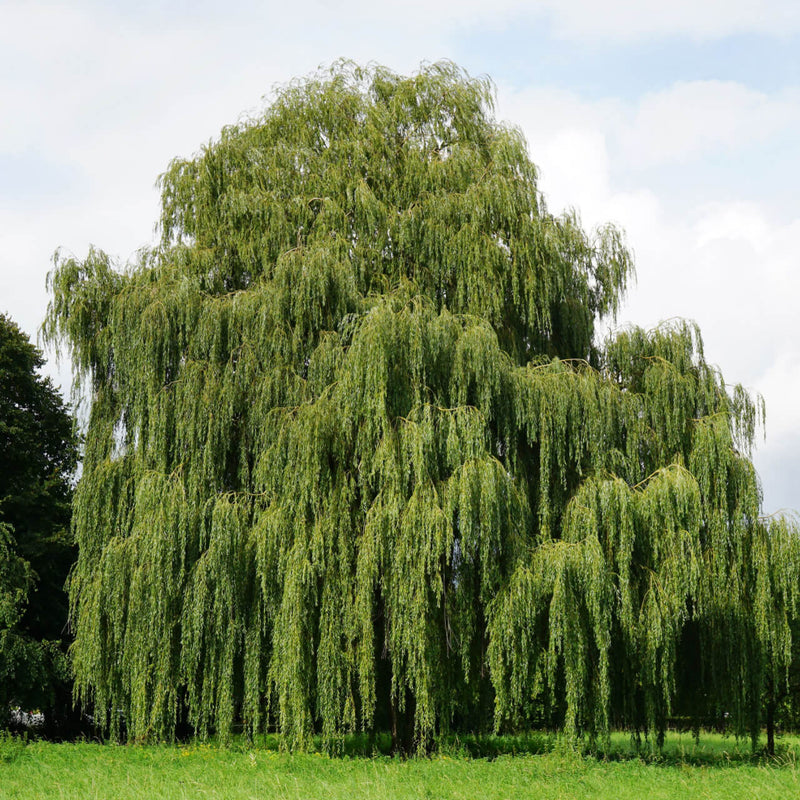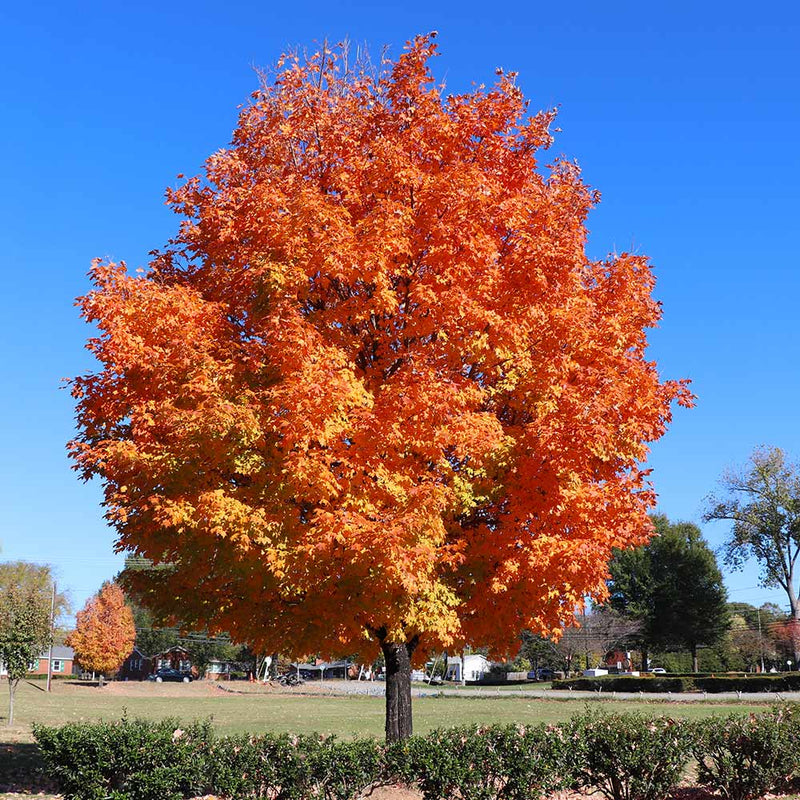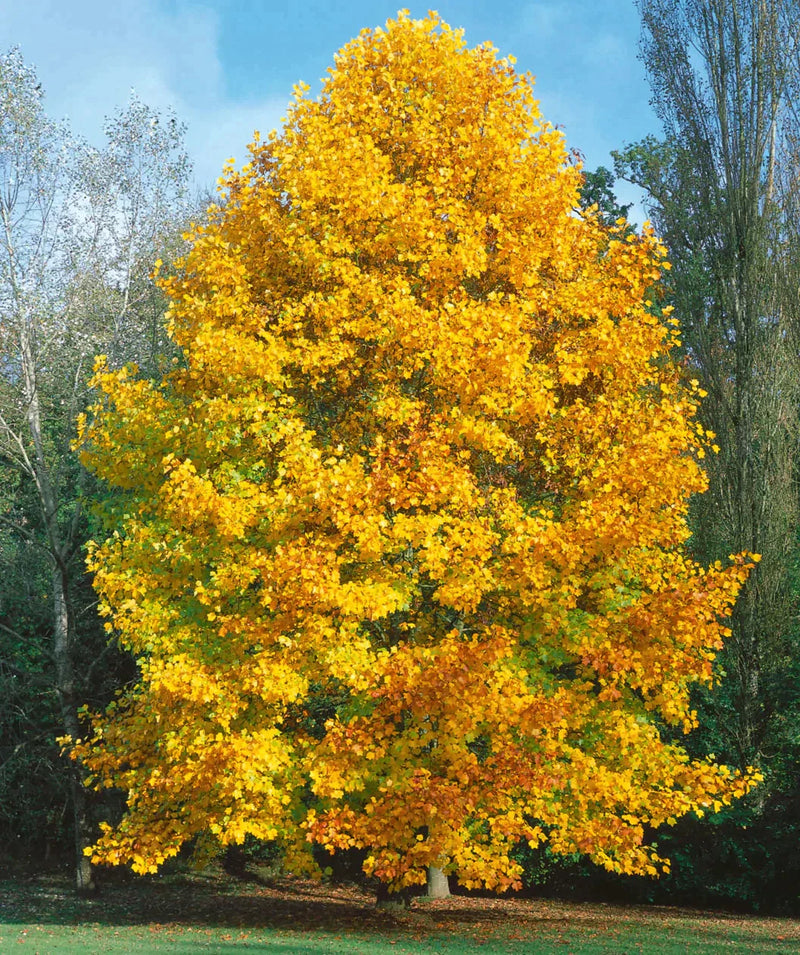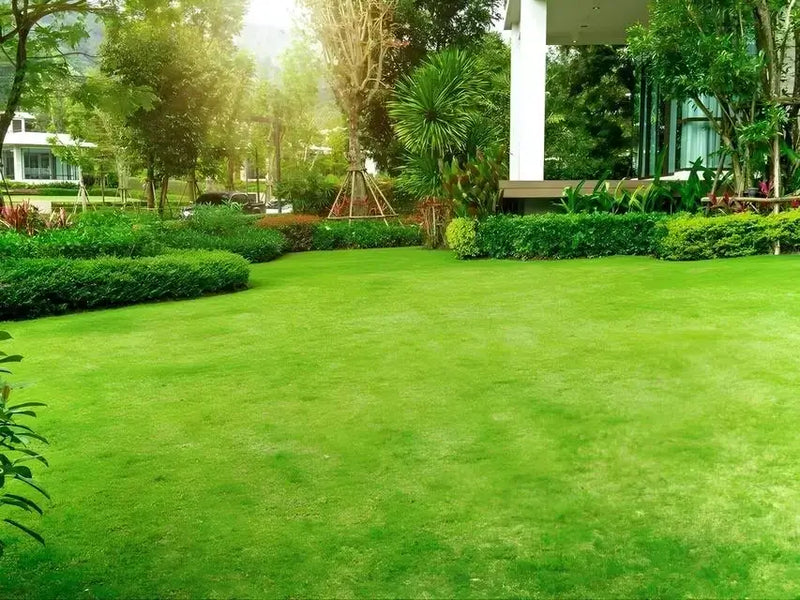The Impact of Great Landscaping on Property Appraisals
In real estate, property appraisals play a pivotal role in determining the value of a property. These appraisals are crucial for buyers and sellers and lenders and investors who use them to make informed decisions. One often overlooked but highly significant factor that can influence property appraisals is landscaping. A well-designed and meticulously maintained landscape can substantially enhance a property's value, leading to higher estimates. This article will delve into the various aspects of how great landscaping raises property appraisals.
Curb Appeal and First Impressions of Landscaping Raises Appraisals
The old saying "first impressions matter" holds in real estate. When a potential buyer or an appraiser arrives at a property, they first see the exterior. A beautifully landscaped front yard can significantly impact the initial perception of a property. A well-maintained lawn, vibrant flower beds, neatly trimmed bushes, and thoughtfully placed trees can create a sense of charm and appeal that draws people in. This immediate visual impact can set a positive tone for the entire property evaluation.
Increased Aesthetic Value of Landscaping Raises Appraisals
Great landscaping goes beyond just maintaining a presentable exterior; it adds aesthetic value to the property. A landscape carefully designed to complement the architectural style of the house and the surrounding environment can make the property stand out from the rest. Elements like well-defined pathways, decorative hardscapes, and outdoor living spaces can enhance the overall visual appeal of the property. Appraisers take note of these elements, recognizing the effort and investment that has gone into creating a visually pleasing and harmonious landscape.
Environmental Benefits of Landscaping Raises Appraisals
A well-landscaped property often incorporates environmentally friendly features such as native plants, efficient irrigation systems, and sustainable gardening practices. These elements not only contribute to the beauty of the landscape but also have positive impacts on the environment. Native plants require less water and maintenance, which can reduce water consumption and utility costs.Moreover, a thoughtfully designed landscape can improve air quality, provide habitats for wildlife, and even contribute to soil conservation. Appraisers increasingly value properties with eco-friendly landscaping as they recognize the long-term benefits and cost savings associated with such designs.
Outdoor Living Spaces of Landscaping Raises Appraisals
In recent years, outdoor living spaces have gained immense popularity among homeowners. Patios, decks, pergolas, and outdoor kitchens have become extensions of indoor living spaces. A property with well-designed and functional outdoor areas can significantly increase its value. These spaces are perfect for entertaining guests, relaxing, and enjoying nature without leaving the comforts of home. Appraisers consider outdoor living spaces' usability and aesthetic appeal, recognizing that they add dimension to the property's value proposition.
Privacy and Tranquility of Landscaping Raises Appraisals
Landscaping can provide privacy and a sense of tranquility that is hard to achieve in urban settings. Tall shrubs, trees, and carefully placed fencing can create secluded retreats within a property. This sense of privacy appeals to potential buyers, and appraisers acknowledge the value of having peaceful, private outdoor areas. A serene backyard with ample greenery and well-designed landscaping can be a significant selling point and contribute positively to the property's appraisal value.
Market Demand and Neighborhood Standards
The local real estate market and neighborhood standards also influence how landscaping influences property appraisals. In neighborhoods with well-maintained landscapes, properties with great landscaping can fetch higher prices and assessments. Buyers often prioritize properties with curb appeal, and appraisers consider how a property compares to others in the area. If a well-landscaped property aligns with the prevailing neighborhood aesthetic and buyer preferences, it is more likely to receive a higher appraisal value.
Return on Investment (R.O.I.)
Homeowners who invest in landscaping enhance their living experience and make sound financial decisions. Studies have shown that landscaping can provide a substantial return on investment. Well-executed landscaping can increase property values significantly, often exceeding the initial investment. According to the National Association of Realtors, well-designed landscaping can yield a return of up to 150% of the asset when the property is sold. Appraisers consider the potential R.O.I. of landscaping when assessing a property's value, recognizing that it can be a determining factor for buyers.
Maintenance and Longevity
While great landscaping can undoubtedly raise property appraisals, it's important to note that the quality of maintenance matters as well. A beautifully landscaped property needing better maintenance can quickly lose appeal and value. Appraisers assess the longevity of landscaping features and consider the effort required to keep them. A property with landscaping that is easy to care for and can maintain its beauty over time will likely receive a higher appraisal value.
Great landscaping can substantially impact property appraisals, playing a crucial role in influencing the perceived value of a property. Beyond just enhancing curb appeal, landscaping contributes to a property's overall aesthetic, functionality, and marketability. Here's how great landscaping can positively affect property appraisals.
First impressions matter, and a well-landscaped front yard immediately captures attention. An inviting exterior can create an emotional connection for potential buyers and appraisers, setting a positive tone for the entire property evaluation process. Neatly manicured lawns, well-tended flower beds, and thoughtfully placed trees and shrubs can transform an ordinary property into an extraordinary one.
Aesthetically pleasing landscapes go beyond visual appeal and add value through their design cohesion. Landscaping that complements the property's architectural style and utilizes harmonious elements can enhance the overall visual impact. Features like defined pathways, hardscapes, and outdoor living areas provide an extended living space, making the property more versatile and attractive.
Environmental considerations are increasingly significant in today's real estate market. Sustainable landscaping practices, such as native plants, efficient irrigation systems, and eco-friendly design, contribute to the property's visual charm and reduce water consumption and maintenance costs. Appraisers take note of these environmentally conscious features, recognizing the long-term benefits they bring to the property owner and the surrounding ecosystem.
Outdoor living spaces have become sought-after features, allowing homeowners to enjoy nature and extend their living areas. Well-designed patios, decks, and gardens create attractive spaces for relaxation and entertainment. These outdoor spaces enhance the property's functionality and appeal, ultimately impacting its appraisal value.
Privacy and tranquility are additional selling points of well-landscaped properties. Strategically placed trees, shrubs, and fencing provide a sense of seclusion that's hard to find in urban settings. Appraisers understand the value of these private outdoor havens, considering the emotional and aesthetic benefits they provide to homeowners.
Ultimately, market demand and neighborhood standards play a role in determining the value of landscaping on property appraisals. A well-maintained landscape can significantly enhance a property's value in neighborhoods where beautifully landscaped properties are the norm. Buyers are often willing to pay a premium for homes with captivating outdoor spaces, and appraisers consider this demand when evaluating the property. Eexcellent landscaping isn't just about aesthetics; it's a strategic investment that can raise property appraisals. From creating a solid first impression and increasing aesthetic value to incorporating environmental sustainability and addressing market demands, landscaping adds tangible and intangible value to a property. As real estate markets continue to evolve, the significance of landscaping in property appraisals is expected to remain a prominent factor in determining a property's worth.
Conclusion
In real estate, excellent landscaping is far from just an aesthetic consideration. It has a direct and tangible impact on property appraisals. From curb appeal and aesthetic value to environmental benefits and return on investment, landscaping plays a multifaceted role in determining a property's value. A well-designed and meticulously maintained landscape can significantly enhance a property's appeal, making it more attractive to buyers and investors.



